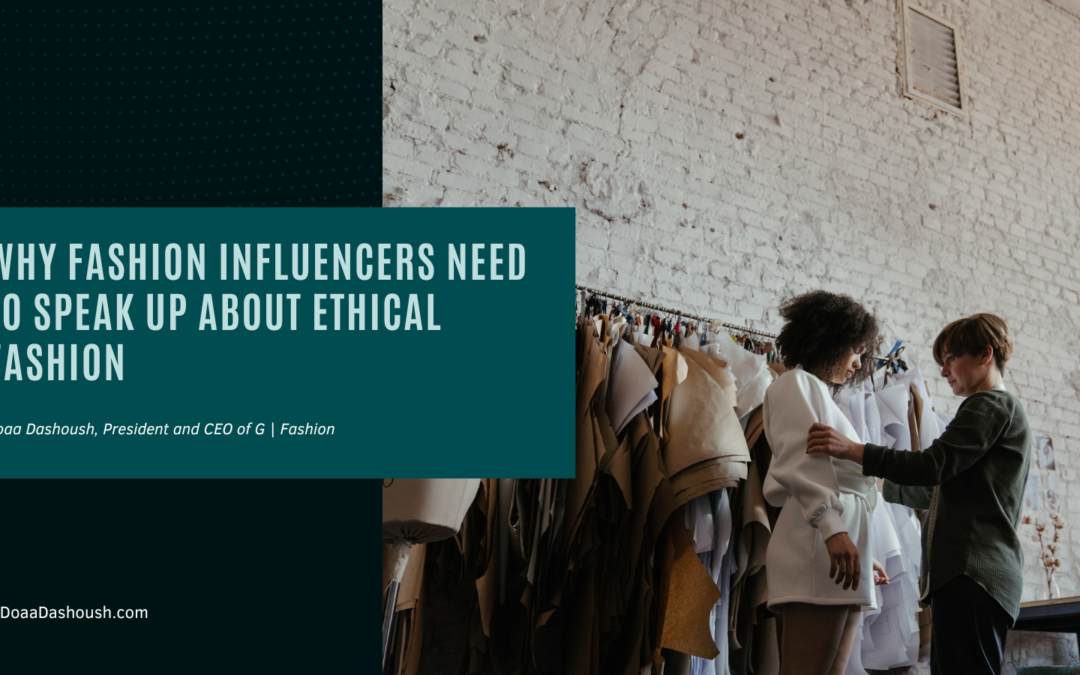The term influencer is often used to describe people who are influential on social media. They are also ubiquitous, and there are many people out there who could become one. You might like their style, or you might think they’re funny.
The simple answer is that we all do it to grant someone influencer status. We praise and acknowledge them on social media, and their influence can then be used to promote a product or service. According to studies, people are more likely to buy products from companies that have an influencer’s presence.
Success as an Influencer
Influencers typically make a living through brand deals. When a company sees someone with a platform, they approach them with a deal: They can promote their products and bring customers to their site in exchange for something in return.
The average influencer makes around $30,000 to $100,000 annually promoting products on Instagram. There are many benefits to being an influencer, but it’s also important to note that they have a lot of power. As a result, they have a lot of responsibilities.
The Influence of Influencers
Without clear criteria regarding who they will partner with, influencers are often selling their followers to companies that are unethical. This is why it’s important to avoid companies that are known for greenwashing. This is when a brand intentionally misleads its customers by exaggerating or lying about its environmental efforts. Followers will typically be tempted to buy things endorsed by influencers, so especially if a brand markets itself as “eco-friendly” and “sustainable,” it can make a lot of sales even if those things aren’t true.
Influencers and Fast Fashion
Contrary to popular belief, fast fashion is still alive and well. While sustainable fashion is on the rise, fast fashion is still growing too. One of the most infamous fast fashion brands is Shein. When influencers do “Shein Hauls” and hype up how little they spent on these trendy pieces, their followers are quick to place their own orders without understanding the unethical practices behind the company.
One of the main factors that have contributed to the growth of fast fashion is the presence of influencer platforms. Instagram has become a vital part of the fast fashion industry, as it has allowed people like Cardi B and other celebrities to promote various brands. This is great if they’re promoting ethical brands, but all too often that isn’t the case.
The Facade of “Greenwashing”
Aside from being able to promote fast fashion, influencers can also play a role in the growth of greenwashing by helping brands build trust with their customers. For instance, by endorsing a sustainable collection, an influencer can help build a stronger relationship between the brand and its customers.
For example, H&M partnered with actress and former Game of Thrones star, Maisie Williams. She was praised for her role as a role model for women and for being a vital voice for sustainability. However, behind H&M’s sustainability claims is a lot of misconceptions: they say they’re committed to using only sustainable fabrics by 2030, but there are tons of brands that are already doing that. They hype up their innovative garment recycling machines, but they are far from being effective enough to recycle garments on a large scale any time soon. Nevertheless, with celebrity names behind their campaign, they will continue to attract many customers who believe they’re buying sustainable fashion.
Conclusion
While it’s great to have celebrities and other influential individuals helping us discover new products, it’s also important that we are cautious when it comes to supporting those who promote greenwashing. By carefully analyzing the reasons behind an influencer’s involvement, we can identify those who are not following the company’s values.
To combat these issues, fashion influencers who are committed to sustainability should ensure they research brands before taking their deals at face value. With a large, committed follower base, influencers have the power to support ethical and sustainable fashion by selectively choosing which brands to partner with. This may result in a pay cut in some scenarios as sustainable fashion brands are not always equipped to offer deals as big as the popular companies, but that is sometimes the price that must be paid to support ethical fashion.
